Here’s the thing: your DNA isn’t flawless. It’s more like a typo-laden novel that your body works overtime to fix—most of the time. But here’s the kicker: whether you’re reading this as a teen or as a seasoned adult, genetic mutations are happening in every cell of your body, shaping your health, quirks, and even the way you age.
And guess what? Not all mutations are bad news. Some are silent (rocking neutral gene tweaks, like eye color). Others—well, they’re the reason you evolved past dinosaurs but also why you might be more vulnerable to cancer in your 40s. Let’s dive into why mutations are both your body’s biggest ally and occasional attacker.
What Are DNA Mutations (and Why Should You Care)?
Mutations are just changes in your DNA sequence. Think of DNA as a master instruction manual for building you. Sometimes a typo creeps in—like swapping a “G” for an “A”—and that’s a mutation. These happen more often than you’d expect. Some start the second your cells divide in the womb; others tag along as you sip coffee or soak up some much-needed vitamin D from the sun.
How Do DNA Mutations Actually Work?
Picture your DNA as a chain of LEGO blocks. Occasionally, a block breaks or shifts. When your cells duplicate this chain during division, errors in the new copies stick around as genetic mutations. Most are patched up by repair enzymes, but a few escape the system. Per this NCBI breakdown, these slip-ups are why even identical twins aren’t 100% identical.
Cool twist: your body’s repair system isn’t perfect. It’s good, but not superhero-level. Which means some mutations multiply. And here’s where things get wild—they might cause cancer, or they might protect you from heart disease. Weird, right?
Wait—Aren’t Mutations Responsible for Getting Us Born in One Piece?
Yes and no. Let’s start with your origin story. Mutations during development? Those germline mutations in eggs or sperm? They’re part of why humans aren’t carbon copies. But here’s the big touch: somatic mutations in body cells (like skin or muscle)? They shape you but don’t pass on to future generations.
For example: your nose shape? Probably germline. That mole on your arm?. You guessed it—somatic. And new research from a guide on genome.gov reveals somatic mutations increase with age, whether you want them to or not.
Types of DNA Mutations—What Actually Happens?
Mutations come in different flavors. Some flip a single DNA letter, others redact whole chapters. Let’s unpack the common types:
| Mutation Type | What Happens | Real-Life Case |
|---|---|---|
| Substitution | One DNA letter is swapped for another (like switching an A to a G) |
Sickle cell disease (single-letter swap in the beta-hemoglobin gene) |
| Insertion | Extra DNA letters are added somewhere unexpectedly | Some viral infections can cause this |
| Deletion | Bits of DNA get lost during copying | Linked to certain blood disorders |
Those are the big three. Now imagine how chaos erupts when these tiny changes happen in the wrong place at the wrong time.
Ever Wondered Why People Say “Mutations Are Random”?
They mean: you’re not steering the errors. A mutation isn’t your 6-year-old coughing up a breakthrough cancer cure idea. It’s more like having a storm of typos inside your cells—24/7—and ~99% of them either make no difference or are fixed before they cause trouble. For the rest? A roll of the dice: helpful, harmful, or “meh.”
An evolutionary biologist once joked, “Think of mutations as jokes delivered by DNA to your cells. Most are just bad puns that your repair system edits out. But once in a while, one becomes a meme that survives—and that change impacts your body or legacy.”
DNA Repair—Your Body’s Cleanup Crew That Can’t Always Win
Here’s the part your body is actually good at. Skim through NCBI’s explanation on repair mechanisms. There’s pre-replication fixes (spot-check like on-the-fly editors) and post-replication proofreading (like stubbornly red-if-you-reuse-a-word-once). But even these meticulous systems? Can’t always catch everything. As you age, some mutations slip through, a couple that actually redefine your health long-term.
Why Does DNA Repair Work Like a Discount Vacuum Cleaner?
Well-meaning but limited. Ever tried cleaning a room with a broken vacuum? That’s late-life DNA repair. A 2025 study in DNA repair systems showed enzyme activity slows as we age. UV rays, smoking, and cosmic radiation all contribute to this slippage. The result? More unpatched mutations build up in tissues like your skin, liver, and brain.
Mutation Accumulation and Aging: Is This What’s Making Us Get Old?
No one knows if mutations are the cause or consequence of aging yet. But here’s what new science says: as you age, mutations pile up. These accumulate like online shoe trash in your shopping cart—except the end result is often disease, not late-night regrets of buying six pairs of loafers. Over time, tissue fidelity erodes and this means: higher cancer chance, more neurodegenerative risk, even tiny hints like wrinkles become more than just sugar-related glycation.
So, am I Just a Composite of All My Mutant Mistakes?
In a sense, yes. You’re not a timeline of 30 years—you’re a compendium of cellular edits made voluntarily and accidentally. Your body’s mostly okay in youth, but consider this quote from a Wikipedia deep dive: “DNA repair systems have a shelf life. They’re still good, but far from infinite.” So as we age, that precision frays a bit. Simple as that.
The Good, The Bad, and the “Wait—You Mean Mutations Can Be Beneficial?”
Here’s the plot twist: mutations aren’t all grim. Some are upgrades. Genes that reduce heart disease, genes that pawn off diabetes guilt due to weight, even immunities to evolutionary nasties like malaria—all rooted in mutations
What If I Told You Mutations Made Lactose Tolerance Possible?
You’d understand why they’re not evil. Gene evolution has offered some top-tier benefits. Take the human lactase gene: mutations allowed adults to drink milk way after toddlers phase. (Yes, genes literally adapted us to medieval diets.)
Are Mutations Always Bad for Health?
Nope. In fact, some cause no harm at all. There’s this term “[standard polymorphism[(https://www.nature.com/scitable/topicpage/genetic-mutation-441/”:https://www.nature.com/scitable/topicpage/genetic-mutation-441/) like the sickle cell trait—silent in carriers, but protective against malaria. On the flip side, mutations that trigger cancer or Huntington’s? Those are usually the unhelpful kind.
Why Does My Body Accept Some Mutations but Kill Others?
It’s less about judgment and more about redundancy. Your DNA doesn’t give only one try to an instruction. It has multiple checkpoints. And worst of all, approximately 70% of gene-altering mutations impact protein production—not in a good way.
What Does This Mean for Your Future Health?
Sounds scary at first: mutations are happening. You’ve been told: random and inevitable. But what if that’s just biology’s way of keeping the game interesting? Your job isn’t to panic—it’s to understand mutation accumulation and act accordingly, especially in your 30s and 40s.
Certainly, mutations won’t love you back. But you can love the science responsible for them. The more you learn, the less you fear them. There’s comfort in clarity, especially when it comes to DNA damage deep in your cells.
Should You Worry About the Next DNA Snag?
Only if you’re running a “mutation-hunting clinic.” Because truth is: your body shrugs off far more DNA errors than your skin carcinogens ever could. Mutations are life’s favorite card game. Some hands are killer. Others… really good for heart bypass surgery credibility if you’re at risk of one. But most are neutral. You don’t get to choose them any more than you can choose your bursting hairline or your gym bag’s eventualness. However, knowledge is power.
What Can You Do About This Wild Mutational Soup?
Counterintuitive choices. Guard factors you can—UV avoidance, tobacco, zero deep-fried armpit candy (real thing?). Why? Because reducing mutagenic load might give your internal DNA editors a fighting chance. And even small changes, like a sunscreen habit, can alter mutation accumulation rates.
You’re Not Just Surviving Genetic Mutations—You’re Evolving With Them
DNA mutations are part of what makes evolution tick. Without them, humans wouldn’t have wandered out of trees. Without them, we’d still be reactive to every plague and our immune systems would be… well… about as useful as a bicycle in a swimming pool. Embrace the reality that your genome is not perfect or immune. But also—it’s adapting, just like your life is.
So the next time someone says, “Can’t you fix your own DNA?” remind them that your body’s not only fixing—it’s preempting, dodging, and if it’s randomized luck: surviving. And in 2025, “the Consortium to Catalog DNA Variations” is one reason people might soon track those lifetime edits from first breath to old age.
Genetic Mutation Tracker Tools: Real or Sci-Fi?
They’re in early development. Right now, mapping a mutation across your body, year by year, isn’t Starbucks-level common yet. But research among human cell mutations is cropping up everywhere from Berkeley to biology YouTube channels. One day you’ll get a full story—not just of life events or standing fines, but your minor DNA updates.
DNA mutations: they’re not just your body’s most frustrating typo—they’re the reason you’re here. Also, they’re the glitch in the system that might break or spark an upgrade. Knowing how they work doesn’t erase them. But it makes them a little more human. So next time life throws DNA words at you like a confusing fortune cookie—take a deep breath. Your body’s got this makeshift game figured things out already. But as you get older, there’s also something to be said for understanding the stakes and maybe—just maybe—not skipping sunscreen.
Still got questions? Or ready to deep-dive into one of the least-appreciated things keeping you alive? Share your wonder (or fear) in the comments below. We all live through our DNA—from your baby toes to your greying hairs.

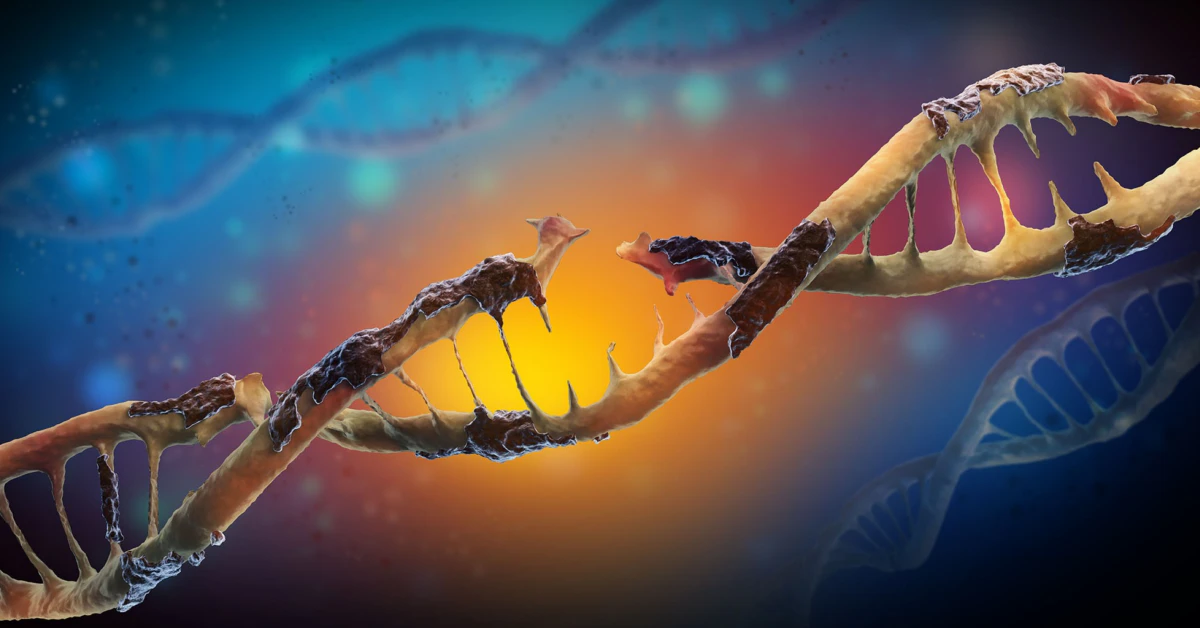





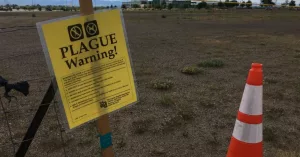

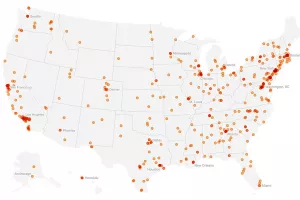


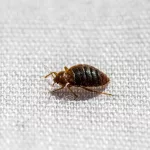




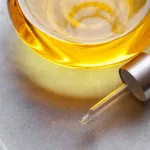
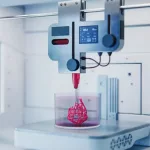
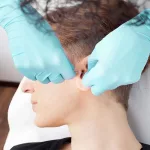
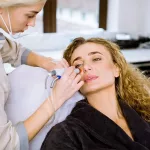



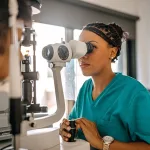
Leave a Reply
You must be logged in to post a comment.